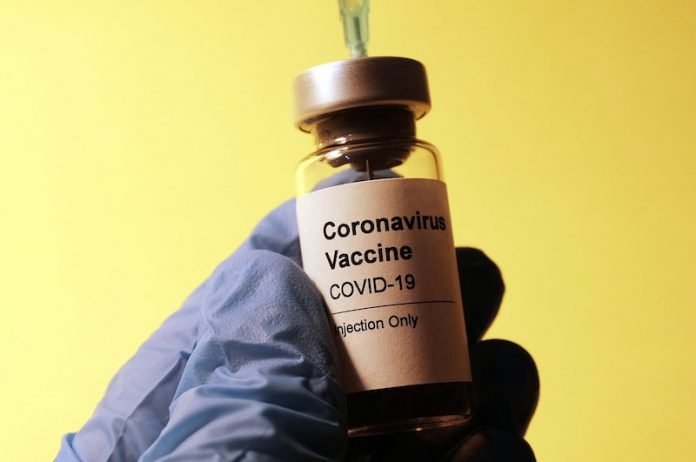
Vaccines are the best way to protect yourself from COVID-19. But some people have concerns about rumored side effects.
This includes whether the vaccines affect fertility. Getting COVID-19 can temporarily affect fertility. But there’s no evidence that vaccines against the disease do.
In a new study from Boston University, researchers probed the links between COVID-19 vaccines, infection, and fertility. They followed more than 2,000 women. All were trying to conceive without fertility treatments.
Researchers asked whether the women or their partners had gotten a COVID-19 vaccine. They also asked whether either partner had ever tested positive for COVID-19 and when.
They followed up every eight weeks for a year or until the women became pregnant.
The team found getting vaccinated did not lower the odds of conceiving. This was true for both male and female partners.
Past COVID-19 infection also did not affect the overall odds of conceiving during the study. But the team did find that pregnancy was less likely if the male partner had tested positive for COVID-19 within 60 days.
The study showed for the first time that COVID-19 vaccination in either partner is unrelated to fertility among couples trying to conceive through intercourse.
Previous studies have found that getting COVID-19 while pregnant can pose dangers to both mother and child.
Experts recommend that anyone who is pregnant or trying to become pregnant get a COVID-19 vaccine.
If you care about COVID vaccines, please read studies about ‘warm vaccine’ that may effectively fight all COVID-19 variants and findings of new inhaled COVID-19 vaccine may prevent disease and transmission.
For more information about COVID vaccines and your health, please see recent studies about COVID-19 vaccine protection is lower and slower in people with this health problem, and results show that your blood sugar history can predict your risk of severe COVID-19.
The study was conducted by Dr. Amelia Wesselink et al.
Copyright © 2022 Knowridge Science Report. All rights reserved.



